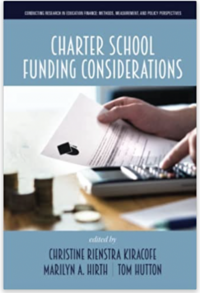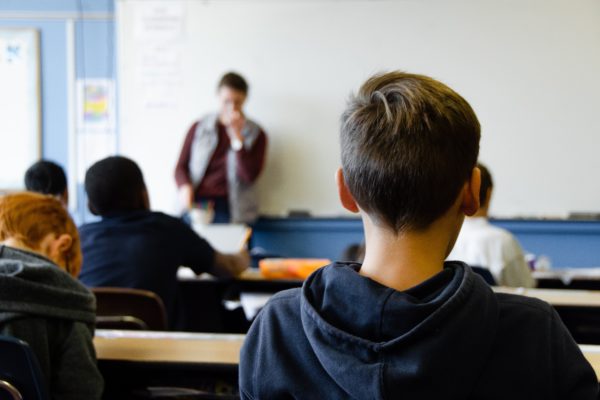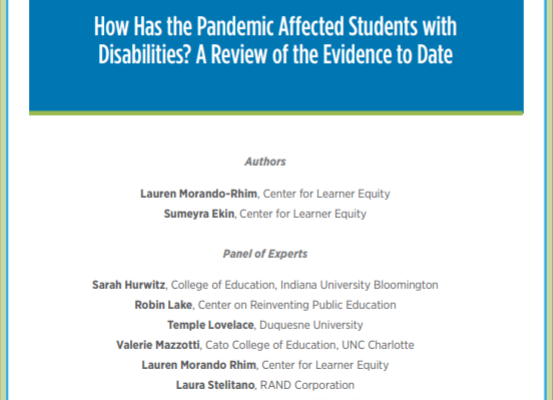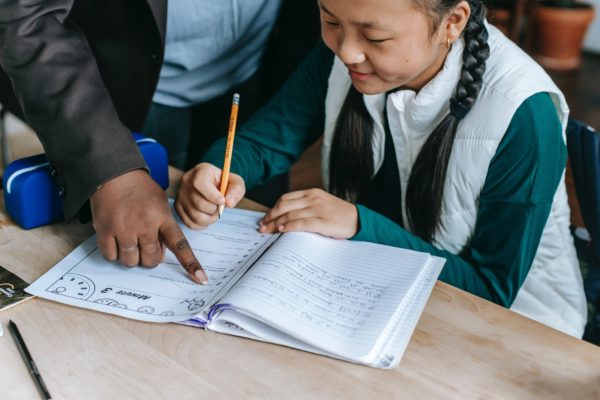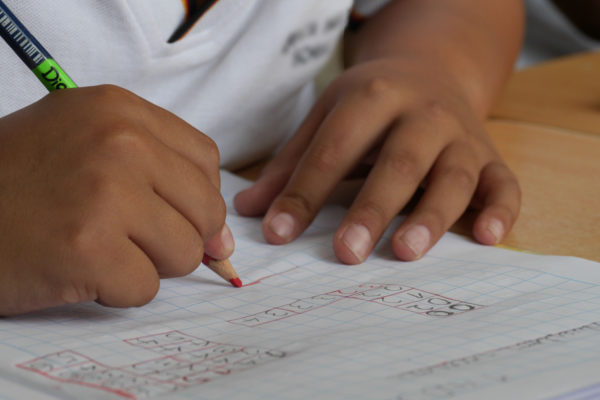CLE senior director of policy, Wendy Tucker was quoted in Education Week’s article titled “L.A. Agrees to Do More After Failing on Special Education. Could Other Districts Be Next?” on April 29, 2022.
Charter School Funding Considerations examines charter schools through the lens of professionals and researchers in the field, providing readers with an overview of operational and funding issues related to these institutions. The Center for Learner Equity co-founders Paul O’Neill and Lauren Morando Rhim have written chapters in the book.
CLE Local Policy Manager and WWNO reporter discuss guide highlighting specialized programs in the district for families of students with disabilities released by NOLA Public Schools
CLE’s latest brief, How Has the Pandemic Affected Students with Disabilities? A Review of the Evidence to Date, examines the impacts of COVID-19 on students with disabilities based on a review of hundreds of studies. In particular, the report highlights widespread disruptions to student’s Individual Education Programs (IEPs) and Section 504 plans. It also examines significant disparities in access to specialized services and draws attention to areas of further inquiry.
The Center for Learner Equity (CLE) is thrilled with Secretary Cardona’s announcement today that the Office for Civil Rights (OCR) will collect data via the Civil Rights Data Collection (CRDC) from all public school districts and their schools, two years in a row, for the 2020-2021 and 2021-2022 school years.
What are the qualities of a leader who is committed to equity? How might we cultivate more equity-centered school leaders who hold a firm and pressing commitment to students with disabilities?
Over the last year, we set out to explore these questions.
If a special education director gets pushback from his superintendent about where he thinks he should spend the COVID-19 relief funding to improve equity for students with disabilities, show him the data, said Lauren Krempecki, program manager at the Center for Learner Equity in New York, N.Y.
This brief comes out of our examination of leadership pipeline programs and specifically with individual leaders who have demonstrated exceptional commitment to improving education for students with disabilities. In particular, it focuses on their motivations and how to use that information to create future leaders.
Harassment. Abuse. Taunting. Menacing. These are the kinds of words that appear in laws that address bullying, said Paul O’Neill, a school attorney at Barton Gilman LLP in New York City.
This brief comes out of our examination of leadership pipeline programs and collaboration with these programs to infuse inclusive mindsets and strong programs for students with disabilities into their training models. In particular, it focuses on our findings regarding how future charter school leaders are trained in pipeline programs, specifically on educating students with disabilities.

